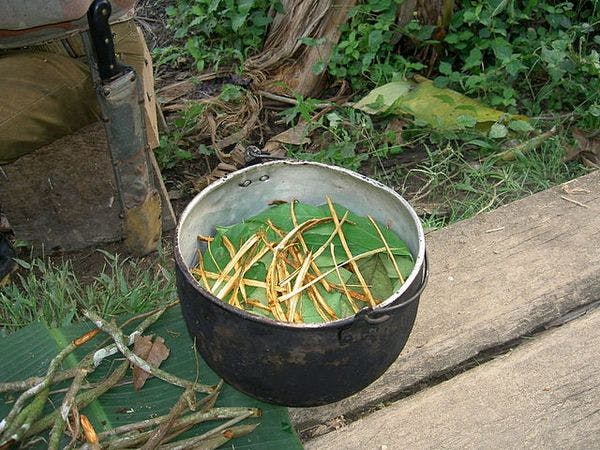Wikimedia Commons - Terpsichore
Traditional healing practices involving psychoactive plants and the global mental health agenda: Opportunities, pitfalls and challenges in the “right to science” framework
By José Carlos Bouso and Constanza Sánchez-Avilés in the Health and Human Rights Journal
The global mental health (GMH) movement aims to establish a world in which every human can access mental health services based on two fundamental principles: respect for human rights and evidence-based treatments. Despite being criticized, especially for its neocolonial tendency to impose psychiatric systems that defy local epistemologies, this movement is garnering increasing attention.
The anti-psychiatry movement led to the first mental health reforms based on human rights, which notably influenced World Health Organization (WHO) policies and the development of ethnopsychiatry. However, despite the vast anthropological literature supporting the importance of traditional health systems for the well-being of local communities, the recognition of traditional medicines and healers is highly marginalized within the GMH agenda.
For example, WHO’s Mental Health Action Plan 2013–2020 acknowledges the value of traditional medical systems only subsidiarily, qualifying them as “informal”: “Greater collaboration with ‘informal’ mental health care providers, including families, as well as religious leaders, faith healers, traditional healers, school teachers, police officers and local nongovernmental organizations, is also needed.” Similarly, the Lancet Commission on Global Mental Health and Sustainable Development’s report mentions traditional healing systems only when stating that “[g]lobal mental health practitioners have shown that integrating understanding of local explanatory models of illness experiences is possible while respecting the complementary role of Western biomedical and local traditional approaches to treatment.”
Topics
Regions
Related Profiles
- Constanza Sanchez Aviles
- World Health Organization (WHO)
